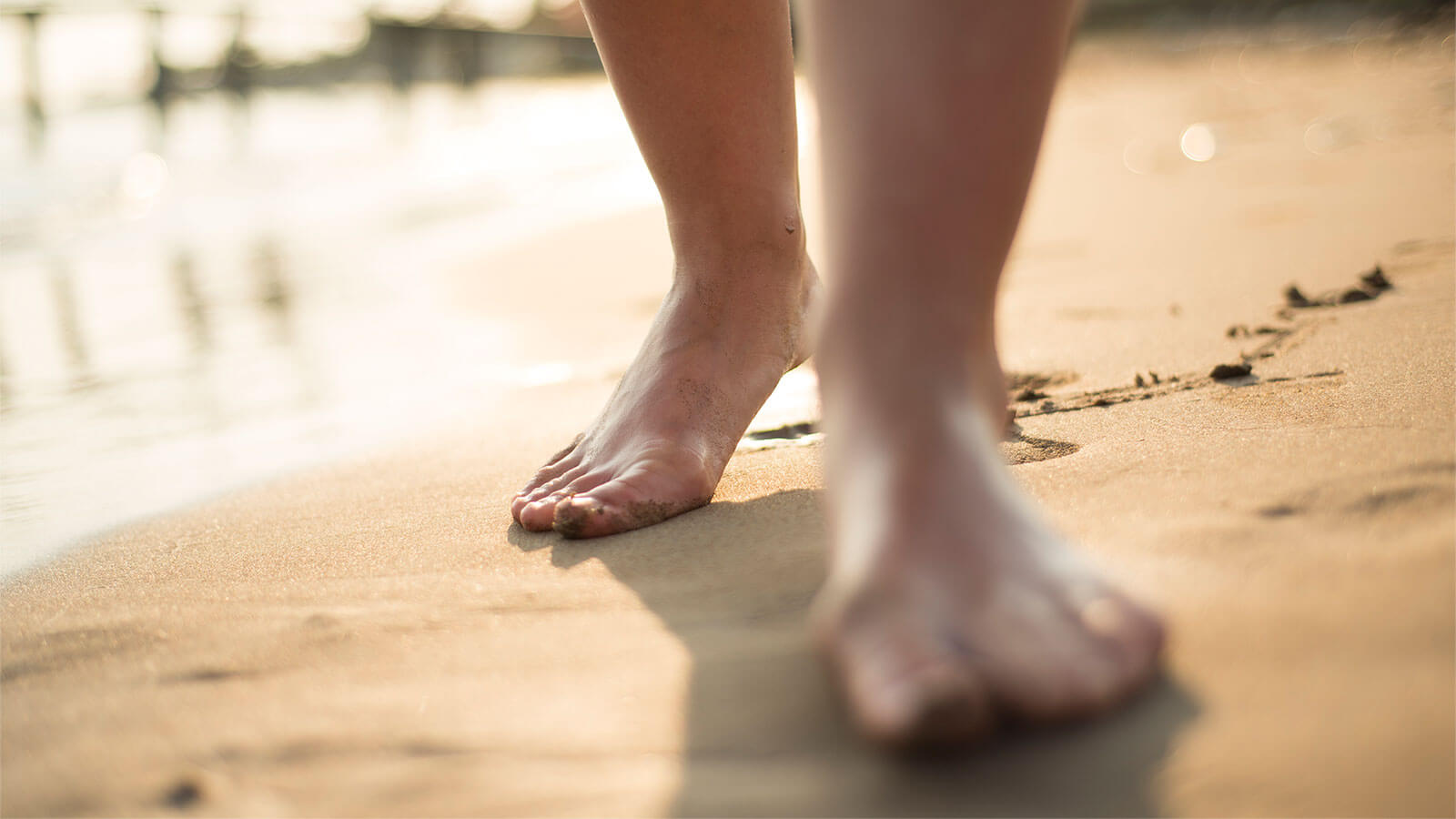Gout is a disorder caused due to crystallization of uric acid in the tissues or a joint and generally impacts the joint of the big toe.


CAUSES
Blood contains uric acid that is normally eliminated in the urine. This uric acid is produced by the break down of the purines and the chemicals that are naturally found in human body and the food consumed. When the kidneys face difficulty in eliminating the uric acid or the body produces and retains excess uric acid, it leads to the Gout. This excess acid accumulates and crystallizes in the joints because uric acid is sensitive to temperature changes. At lower temperature, uric acid turns into crystals. Since toe is the part of the body that is farthest from the heart, it is also one of the coolest parts of the body. Therefore, Gout usually occurs in the toe. It may however impact any other joint in the body where the uric acid may crystallize.
The tendency of uric acid accumulation may be genetic. Other factors that could lead to this condition include; high blood pressure, diabetes, obesity, surgery, chemotherapy, stress, and certain medications and vitamins. Consuming food and beverages that contain high levels of purines can also trigger an attack of gout.
SYMPTOMS
Two of the main symptoms that may lead to Gout include:
- Intense pain that starts suddenly, often in the middle of the night or upon rising
- Signs of inflammation such as redness, swelling and warmth over the joint.
DIAGNOSIS
Examination of personal and family medical history followed by the examination of the affected joint through X Rays are required to check if the inflammation or pain is caused by Gout.
TREATMENT
Initial treatment for Gout typically comprises of the following steps:
Medications: Pain killers such as Tylenol or injections reduce the pain, swelling and inflammation. NSAIDS like Indocin and Naprosyn are effective for acute Gout. However, people who have allergy to aspirin or nasal polyps should avoid NSAIDS.
Dietary Restrictions: Food and beverages that are high in purines should be avoided. These generally include; sea food, organ meat, red wine, beer and red meat.
Intake of fluids: Plenty of water and juices should be consumed to maintain fluid levels in the body and prevent dehydration.
Immobilizing and elevating the foot: Patient should avoid standing and walking to give the foot some rest. Also, elevating the foot (level with or slightly above the heart) may help to reduce the swelling.
Correct and timely detection of Gout followed by proper treatment can help reduce the pain, and the inflammation process also disappears in three to ten days' time. If Gout symptoms continue to persist despite the initial treatment, or if repeated attacks occur, the patient must consult the physician for prescription of required medicines and maintenance treatment. In case of repeated episodes, the underlying problem must be addressed, as the build-up of uric acid over time can cause Arthritic damage to the joint.

